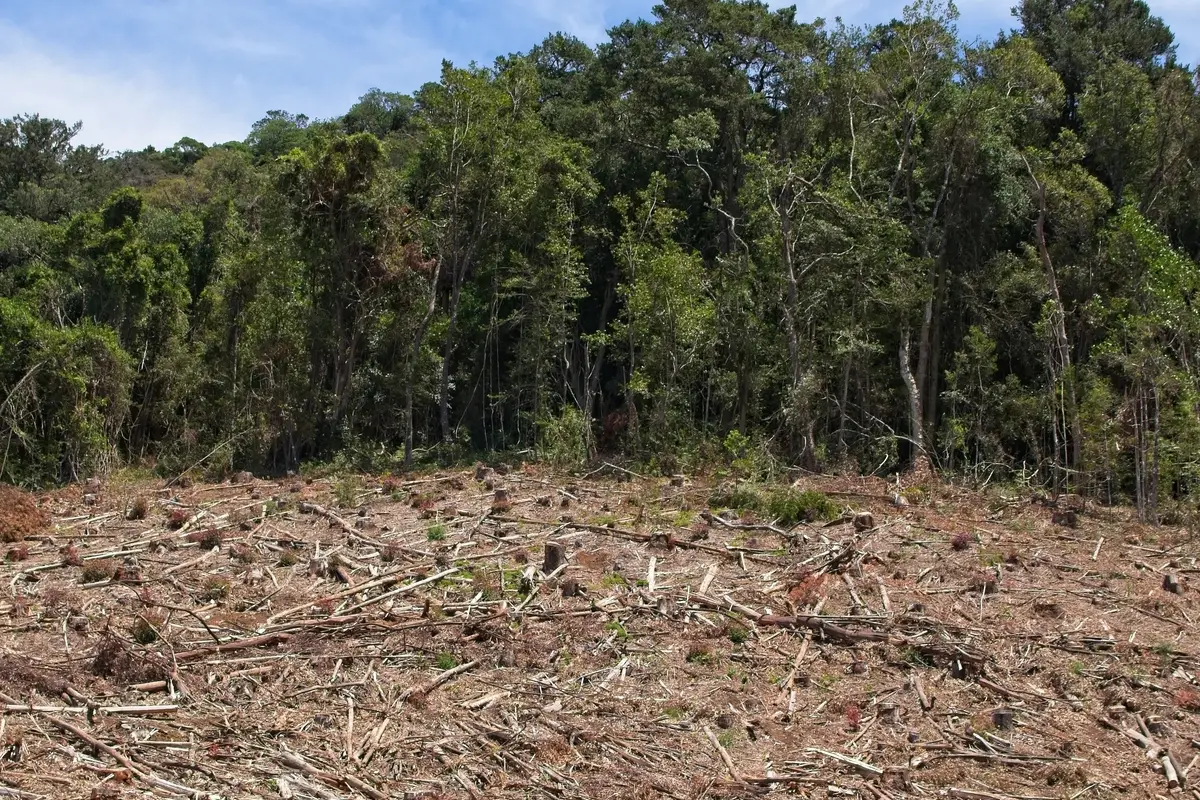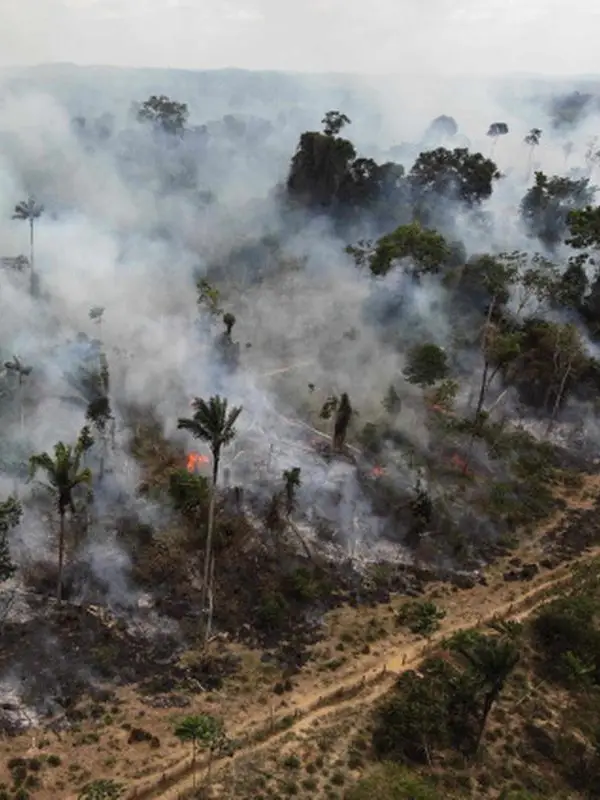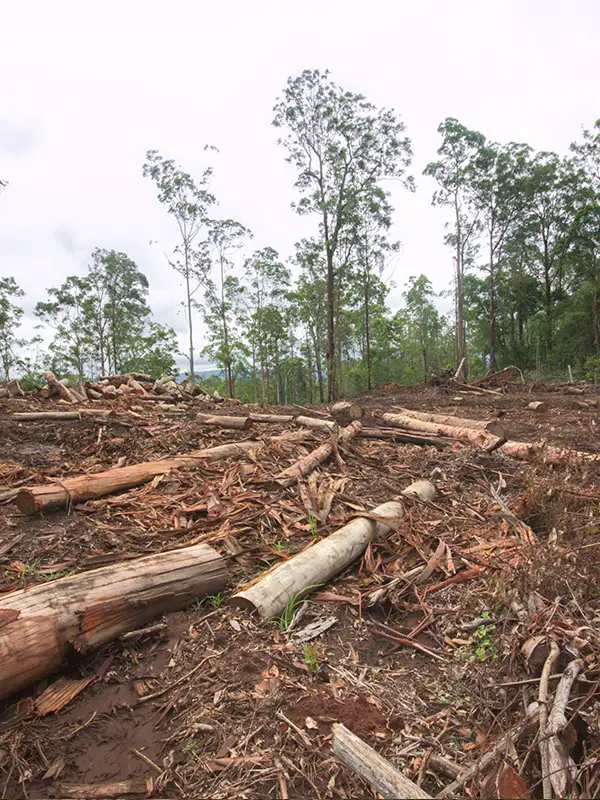
1. Causes of Deforestation
- Population Growth: Increased demand for land, housing, and infrastructure due to population growth has led to clearing forests.
- Agricultural Expansion: Shifting cultivation (slash-and-burn agriculture) is common, leading to forest loss and soil degradation.
- Charcoal and Firewood Production: The primary sources of household energy in Zanzibar are wood-based, contributing heavily to tree cutting.
- Tourism Development: Coastal and forested lands are often cleared for hotels and other tourism-related infrastructure.
- Unregulated Logging: Illegal and unregulated logging for timber and building materials contributes significantly to forest degradation.
2. Effects of Deforestation
- Biodiversity Loss: Zanzibar hosts unique flora and fauna, including the endangered Zanzibar red colobus monkey. Habitat destruction puts these species at risk.
- Soil Erosion: Tree removal leads to topsoil erosion, reducing land fertility and agricultural productivity.
- Water Cycle Disruption: Deforestation affects rainfall patterns and groundwater recharge, increasing vulnerability to droughts.
- Climate Change: Trees act as carbon sinks. Their removal contributes to increased greenhouse gas emissions.
3. Land Degradation Issues
- Soil Depletion: Overuse and poor farming practices reduce soil nutrients, leading to lower crop yields.
- Salinization and Waterlogging: Especially in coastal areas, poor irrigation and rising sea levels contribute to land becoming unproductive.
- Mangrove Destruction: Mangroves protect shorelines and provide nursery grounds for fish. Their loss increases coastal erosion and threatens marine ecosystems.


4. Responses and Mitigation Efforts
- Reforestation Projects: Government and NGOs have initiated tree planting and forest restoration programs.
- Community-Based Forest Management: Involves local communities in conservation efforts, providing them with incentives for sustainable use.
- Environmental Education: Increasing awareness among locals about the importance of conservation.
- Alternative Energy Sources: Promoting the use of gas and solar energy to reduce dependence on charcoal and firewood.
- Land Use Planning: Encouraging sustainable agricultural practices and zoning regulations to reduce forest encroachment.
5. Key Challenges
- Weak enforcement of environmental laws.
- Limited financial resources and technical capacity.
- Balancing development and conservation.
- Lack of reliable data and monitoring systems.
Conclusion
Deforestation and land degradation in Zanzibar are driven by both environmental and socio-economic factors. Sustainable development, community involvement, and consistent policy implementation are crucial to reversing these trends. Effective management not only preserves the island’s unique ecosystems but also supports the long-term well-being of its people.